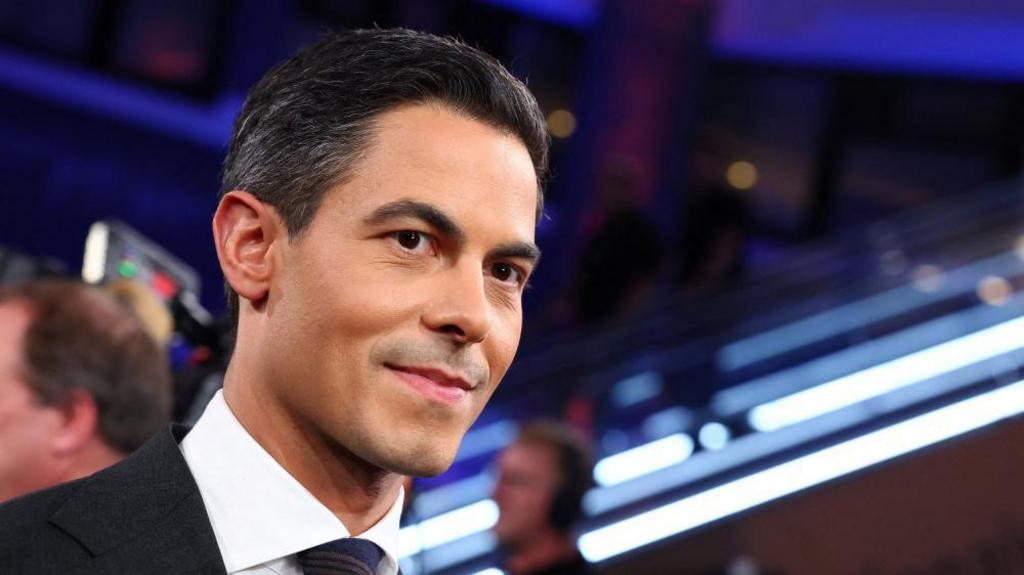In a surprising turn of events, the centrist liberal party, led by Rob Jetten, has surged to a narrow lead in the Dutch elections, according to initial exit polls. This comes just two years after the party’s sixth-place finish in the previous election.
Jetten’s campaign gained significant momentum in recent weeks. The Ipsos I&O exit poll indicates his D66 liberals have secured 27 seats, surpassing anti-Islam populist Geert Wilders, whose party won the previous election, by two seats.
Despite the generally reliable nature of Dutch exit polls, the final outcome remains uncertain due to the close margins.
Several other parties are closely contesting the lead, including the conservative liberals, the Green-Labour party from the left, and the Christian Democrats.
While Wilders maintained a consistent lead in pre-election polls, mainstream leaders distanced themselves after he triggered the collapse of his own coalition in June over disagreements regarding asylum and migration policies.
Jetten’s party, on the other hand, executed a successful campaign, leveraging his strong performances in televised debates. The 38-year-old liberal leader’s appearance on a game show also contributed to his increased public visibility.
Supporters gathered in Leiden, a city located between Amsterdam and The Hague, expressing palpable enthusiasm as they awaited the results.
“This campaign focused on optimism, reflecting a desire among the Dutch people to move beyond two years of stagnation. We acknowledge the significant challenges and seek progress,” remarked Eline, a D66 supporter.
The election was partly driven by discussions surrounding migration and overcrowded asylum centers. However, the most pressing concern for voters was the severe housing shortage, with nearly 400,000 homes needed for a population of 18 million.
Jetten’s party has proposed constructing 10 new cities as part of its plan to address the housing crisis.

